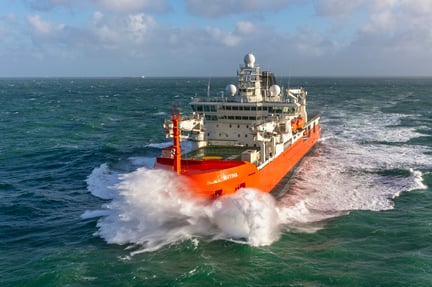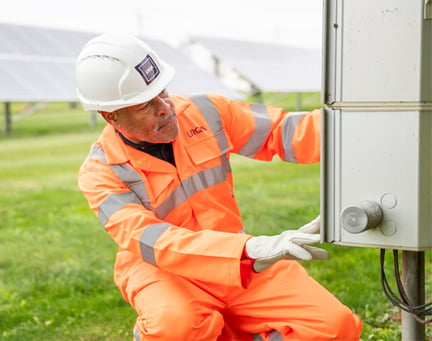Having dominated the headlines for weeks, COP26 has come to an end in Glasgow.
These ‘Conference of the Parties’ often follow the same pattern - heads of state making their commitments in the first week, and in the second, the delegations get down to the business of negotiating the specific texts that countries agree to.
This is why the tone of COP is often optimistic in week one, with reporting running into the reality of compromise and delay in week two. Yet the tone surrounding COP26, even at the outset, was one of managing expectations – so what was the final verdict?
At the outset, we hoped to see:
- Nationally Determined Contributions (NDCs) - that countries update their national climate action plans with actions through to 2030, setting them on the path to achieve net-zero by 2050.
- Climate Finance - that finance to assist poorer countries would be greatly increased, including the 100 billion USD per annum that has previously been committed to and not achieved.
- Coal - that clear plans would be committed to phasing out the use of coal.
- Forests – that plans would be agreed to preserve and increase the planet’s forest carbon sink resource.
- Transport – that progress would be made on actions for road transport, aviation and shipping industries’ contribution to decarbonisation.
- Carbon Trading - that agreement would be made on the global carbon trading system that was initially outlined in Paris at COP21 – the notorious ‘Article 6’ text.
And what was actually achieved?
- NDC’s do not currently take us to net-zero by 2050, in fact, they get us just a quarter of the way there, leading to 2.4C warming by 2100. However, the Glasgow Climate Pact requires all nations to return to the next COP in Egypt with reviewed and revised plans.
- On Finance, the commitment is to double 2019 levels by 2025. However, does not necessarily meet the 100 billion USD per annum previously promised. In addition, calls for a specific ‘loss and damage’ fund to support developing countries did not make it into the final text.
- Whilst a coalition of 190 countries and organisations agreed to both ‘phase-out’ coal power and end support for new coal power plants, the COP text was watered down in the final days, as some of the world’s largest coal using nations demanded the wording ‘phase-down’.
- On forests - 140 world leaders promised to end net deforestation by 2030 – meaning that harvesting can continue if replanting is maintained to the same levels.
- Transport – The ‘International Aviation Climate Ambition Coalition’ consisting of 23 governments, representing over 40% of global aviation emissions, committed to a new aviation decarbonization target through the International Civil Aviation Organization (ICAO). In addition, the ‘Declaration on Zero Emissions Cars and Vans’ aims to achieve all sales of new cars and vans being zero emission globally by 2040.
- On carbon trading, progress was made on commitments made in Paris – with guidance now in place for carbon markets to function, providing trade between countries and a new crediting mechanism to attract green investment. Countries will be required to report emissions and progress every two years.
In addition, COP26 delivered:
- A Global Methane Pledge to cut 30% of methane emissions by 2030 was agreed by over 100 countries. Half of the world’s top 30 methane emitters joined the pledge - but many have not.
- 450 banks, pension funds and financial institutions, between them controlling 130 trillion USD of global assets, have aligned themselves to the 1.5°C warming limit, unlocking that capital to fund the transition to clean energy such as renewables.
- The UK committed to become the first net-zero aligned financial centre, requiring financial institutions and all UK-listed companies to publish plans on how they will transition to net zero.
- The United States and China unveiled an agreement to ‘work together on climate change’.
While the COP26 text is probably the strongest to emerge from any conference yet - including the first-ever commitments on fossil fuels and coal - it’s still not enough to achieve what the Intergovernmental Panel on Climate Change (IPCC) agree is needed. In the final analysis, many will have come away from Glasgow disappointed, with the lack of progress on achieving net-zero by 2050 a conspicuous failure.
While more than 135 countries have committed to net-zero, the target dates stretch as far as 2070. Many nations have not made any commitment at all and the reality is that the action needed to limit global warming to the critical target of 1.5°C remains a long way out of reach. All of this puts even more onus on the business world to drive radical changes in their own operations and supply chains, to commit to net-zero targets - and to keep those promises. As Alok Sharma stated in his concluding remarks “…the hard work starts now.”









